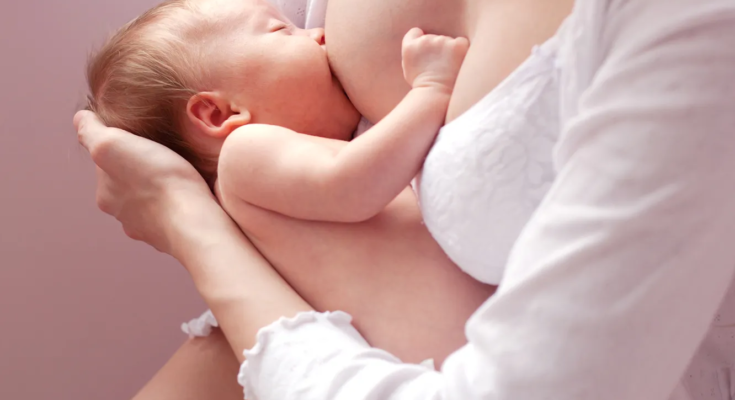
It’s an idea that’s drilled into the heads expectant mothers: Breastfeeding is best. Pregnant women are repeatedly encouraged by their ob/gyns, promotional posters, and hospital staff to exclusively breastfeed their babies due to the many health benefits associated with the practice. Among other things, breastfed babies do better in school, women are told. A new scientific analysis published in the journal Pediatrics, however, is leading people to question the link between breastfeeding and intelligence—and it’s getting a lot of attention.
For the study, researchers reviewed data from about 8,000 families in Ireland over five years, looking specifically at breastfeeding habits and intelligence metrics down the road. The children in the study who had breastfed either partially or exclusively typically performed better on vocabulary and problem-solving tests, compared to kids who had never been breastfed. Parents were also asked to evaluate their children’s behavior, and those who had been breastfed typically were better behaved.
But while the children who were breastfed performed better in these intelligence and behavior metrics, the study authors reported that most of the advantages could be explained by other things, like the mother’s level of education (on average, the moms that breastfed their babies were better educated than those who didn’t) and the family’s socioeconomic status (researchers implied that families of higher socioeconomic status were more likely to work harder to educate their children). After those connections were explained, they said, breastfed babies didn’t seem to have an intellectual advantage over those who were bottle-fed (with one exception: Children who were exclusively breastfed for at least six months had slightly lower hyperactivity ratings than those who weren’t by age 3).



